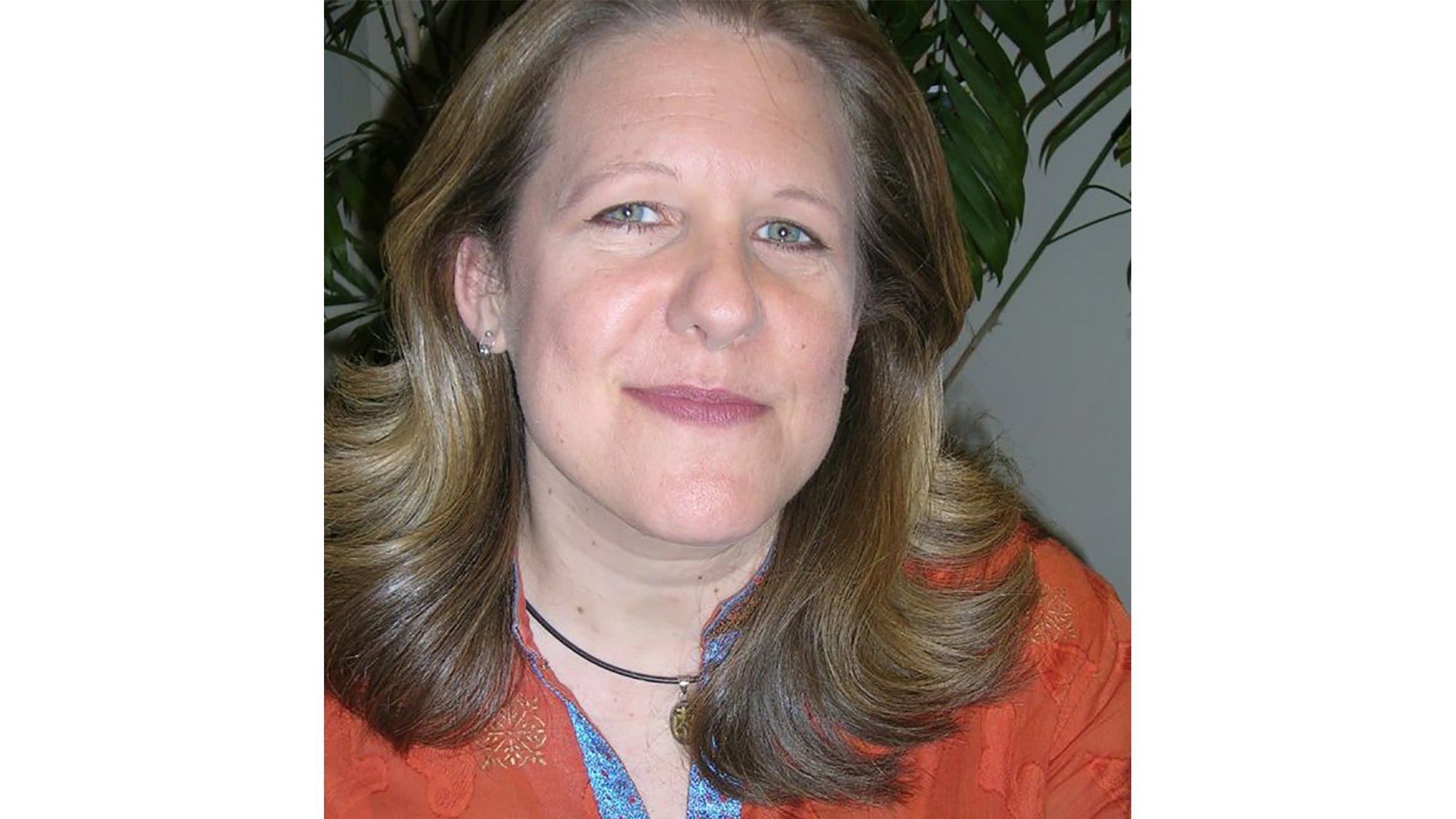One on One with Diane Hatz

For Diane Hatz—executive producer of famed viral video The Meatrix—it all started with a question that stymied her. Employed at GRACE, an advocacy group for community-based production and consumption of food, water, and energy, Hatz, 46, was asked by a consumer about genetic engineering. Her research led her to found Sustainable Table (now FoodPrint at https://foodprint.org/), with GRACE’s blessing and backing, in 2003. The source for information on all things local and sustainable, Sustainable Table educates consumers about issues surrounding today’s agricultural system and what’s happening with our food supply. Here, we learn a bit about what’s on Hatz’s plate—and ours.
Q. You’re a dedicated vegetarian, but Sustainable Table does not advocate a strictly vegetarian diet. Why not?
A. Who am I to tell anyone else what to do? I’m a vegetarian, that’s my choice. But a lot of people hear the word “vegetarianism” and just want to run to McDonald’s for a Big Mac.
I think we should be educated about the food we’re eating. I want to help people understand the problems with industrial agriculture, and let them make their own choices. What if people simply chose to cut back? If we all stopped eating meat on Mondays, that would have a huge impact!
Q. Are vegetarians eating sustainably by simply skipping the meat?
A. Not necessarily. Dairy is one of the biggest problems out there. Recombinant bovine growth hormone, rBGH, is a genetically engineered hormone injected into cows to make them produce more milk. We know that rBGH causes mastitis in the animals, which is very painful. And it hasn’t been proved safe for people in the long term. Tests have not been done either way, which is scary. The easiest way to avoid it is to buy organic.
Even if you’re vegan, chemicals are still a big concern—both personally and environmentally. Conventionally raised produce is monocropped; farmers don’t do proper crop rotation. They spray the plants with pesticides, and assume chemical fertilizer is enough to keep the soil healthy. It’s not.
Soil is alive. I didn’t really understand that myself until we put together an issue paper on it. It’s not just dirt—there are bacteria and living organisms in it that need to be there. Good soil is crucial to the health of the plant, and it produces food that’s more nutritionally rich. Sustainable farmers rotate crops—they’ll have 20 crops growing—not only for pest control, but also for the healthiest soil.
Q. Are the words “sustainable” and “organic” interchangeable?
A. No. “Organic” implies a standard. “Sustainable” is really more a philosophy.
Organic food can be sustainable, but it might not be. A lot of organic farms are sustainable, but the hot-button issue right now is industrial organics—the big agribusinesses getting into the market. Many times they monocrop; you can have acres and acres of one kind of lettuce, and still label it organic. But that is not sustainable.
For their part, sustainable farmers aren’t necessarily certified organic. Many have given up on certification because the paperwork is so intense, but still, they grow foods with no pesticides whatsoever. They are what we call “beyond organic.” We also know sustainable farmers who’ve lost their certification because they believe sick animals should be treated with antibiotics. It’s not like they’re participating in the daily low-dose antibiotics problem—but organic certification has no room for such subtleties.
Q. So how do you know who’s who and what’s what?
A. You have to do your homework. If you’re going to buy a computer or a car, you do tons of research. We eat at least three times a day, so shouldn’t we be asking questions about our food and where it comes from? Yes, it does take a bit of time, and that’s why Sustainable Table was developed—to give people a place to learn about these issues.
We also tell people: Take the next step. Get to know your local farmer. We offer question-and-answer sheets on the Web site to print out, so people feel more comfortable asking questions—and know what answers to listen for.
Q. Why are organic and sustainably grown foods more expensive?
A. We try to explain to people the concept of externalities. When you factor in the externalities—the degraded quality, the lost community, the pollution, the animal cruelty—food from a conventional factory farm is not necessarily cheaper. Sustainable farmers are paying their workers a fair wage; they’re feeding the animals what they should be fed; they’re providing the healthiest food possible.
Q. Given all the advantages of sustainable farming, can you pick the No. 1 benefit?
A. Bottom line: If you don’t care about anything else, the food tastes better. I challenge anyone to go to a farmers’ market and buy a local ripe tomato, then walk into a grocery store and buy a conventional tomato. Taste them together—you’ll have an “aha!” moment, just like I did. You can do this with peaches too. I’d forgotten what a peach really tasted like until I happened to go to the farmer’s market one Saturday and got a peach in season. It tasted unbelievable!